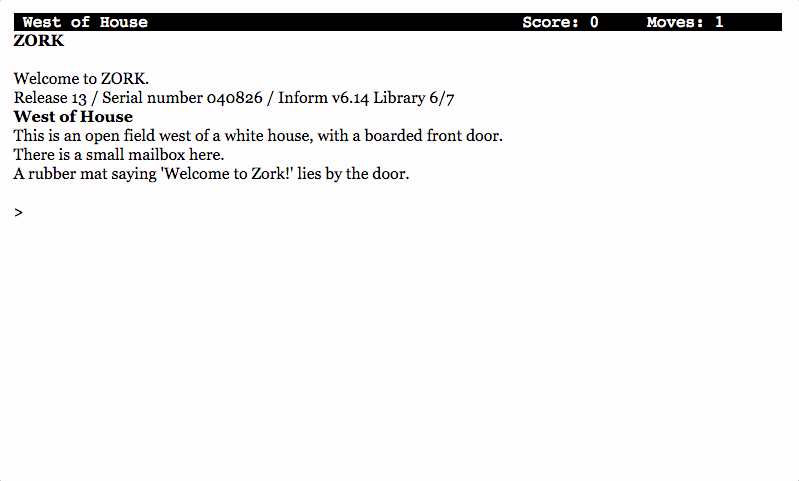
- ·
- 4 min read
Why you don’t need AI to build a chatbot
Artificial Intelligence, or more specific „Machine Learning“, was probably one of the most hyped topics in 2017. Technically, I totally understand that some time in the next 10 or 20 years, these technologies will change all our lifes, and therefore how we do business.
Since it seems to be a popular trend to sell every new SaaS product with labels like „AI inside“ and „machine learning“ on top, I want to explain why I think that not every problem needs to be solved with AI enabled tech.
Can AI be a disadvantage?
That’s what I was asking myself last month. Right now, I’m building a new SaaS product called BotReach, which enables businesses to create chatbots without AI in a simple way. Why without AI you ask? Because AI is not nearly simple and there are still many use cases for chatbots that barely need to take advantage of an AI-backed system. I want to demonstrate use cases that benefit even more when discarding AI completely.
Beyond chatbots
A few months ago I had the opinion that chatbots naturally must be based on complex technologies, mostly because they have to process text (or speech) that the user sends to it. The hype generated by the launch of Facebook’s innovative messenger platform strengthened my opinion that now the only valuable way to build useful bots, is so to use this or similar AI enabled bot platforms.
Since I worked quite extensively with chatbots the last few months, I just have to point out, also for myself, that „chatbots“ are technically a really old thing. They worked for a long time without a real AI, by parsing pre-defined keywords or by using its own kind of a language, like in an old text adventure.
So what makes the chatbots today better than the old ones? Obviously, the chatbots from the past have all one big usability problem in common. They had major limitations in understanding us. We humans can possibly say the same thing in hundred different ways, but a chatbot can only handle a single version of that thing. When a user gets in the situation where he has to try out every possible phrase to make the chatbot understand him, we can call that a huge usability problem.

AI erases that usability problem mostly because it now can extract the same meaning from many different phrases. Even if modern chatbots can understand the user now, does that mean we should use AI chatbots for everything?
No, because AI is still a complex technology and building a fully functional chatbot takes a lot of work. If you’re not a specialist, the likelihood that you can create such a chatbot by yourself is even worse.
There exists no magic button to take away all that hard work, but there are companies like Chatfuel or Pandorabots trying to make building AI backed chatbots easier.
What else!? An intelligent chatbot is trained to react to given phrases, it can give one or many different responses, and maybe that bot can also remember the context of what the user is talking about. But think of the amount of variations that come along with that vast openness. The resulting conversation tree can be immensely complex because of all that possibilities, so that maintaining that bot becomes a huge work task.
But why are we using so much AI then? I think, there are certain use cases where AI provides us a huge value, and therefore we may think that if we can apply AI to other areas, the value we get back is the same. But instead of just using the most advanced tech for everything, we should evaluate each single scenario and then decide which technology gives us the most value.
Is it worth to be intelligent?
Basically AI is valuable when it can learn from the data it has access to. This is the case when the chatbot is able to associate a question to an existing solution or when it should recommend something based on previous inputs and context. Maybe the user doesn’t even know exactly how to formulate his question correctly due to insufficient knowledge of a topic. In these cases the AI behind the chatbot is constantly improving itself by testing if it has provided the correct solution.
This leads us to the use cases where we do not have to learn from the data provided to us. Think of the usual, boring, static forms existing on every webpage. With forms, we expect the user to give us a pre-defined set of information. This makes it super easy for us to respond with a correct solution without ever touching an AI because we already have the data related to the proper meaning.
As an example, when I plan to make a quick survey with a fixed set of questions, it would be way too much effort (and thus cost) to build an intelligent chatbot just for that. The questions are probably for every user the same and in that context I also do not expect to answer questions to the user. But of course I would not want to dismiss the possibilities, that are given to me when using a chatbot. A chatbot is not only fun to use, but you can also provide instant feedback to the person using it. You can transport your company’s language in an natural way and therefore improve the overall customer experience.
See it in action
With BotReach I hope to have created a product, that enables everyone, notably without the need to understand AI, to build such a simple chatbot. This works by using the concept of a „storyboard“, thus a sequence of messages that stays always the same, and simple interactive elements like buttons.
There are so many use cases where you simply want to have answers to questions like in a quick survey or a contact form. Login to BotReach, add your chat messages and possible responses to the storyboard, click publish and share the link. And you’re ready. You think you can build that faster using AI?
Conclusion
In many areas, we humans are still much better than any computer system on that planet. Especially when we use new technology based on AI like in the case of intelligent chatbots, we should always ask ourselves if we can not reach our goal faster through our ability to “think”. I believe that just in the field of chatbots we rely too much on artificial intelligence, although there are often easier, more simple ways to start automated conversations with our customers.
Many Thanks to Dirk Krause for doing a review of this article